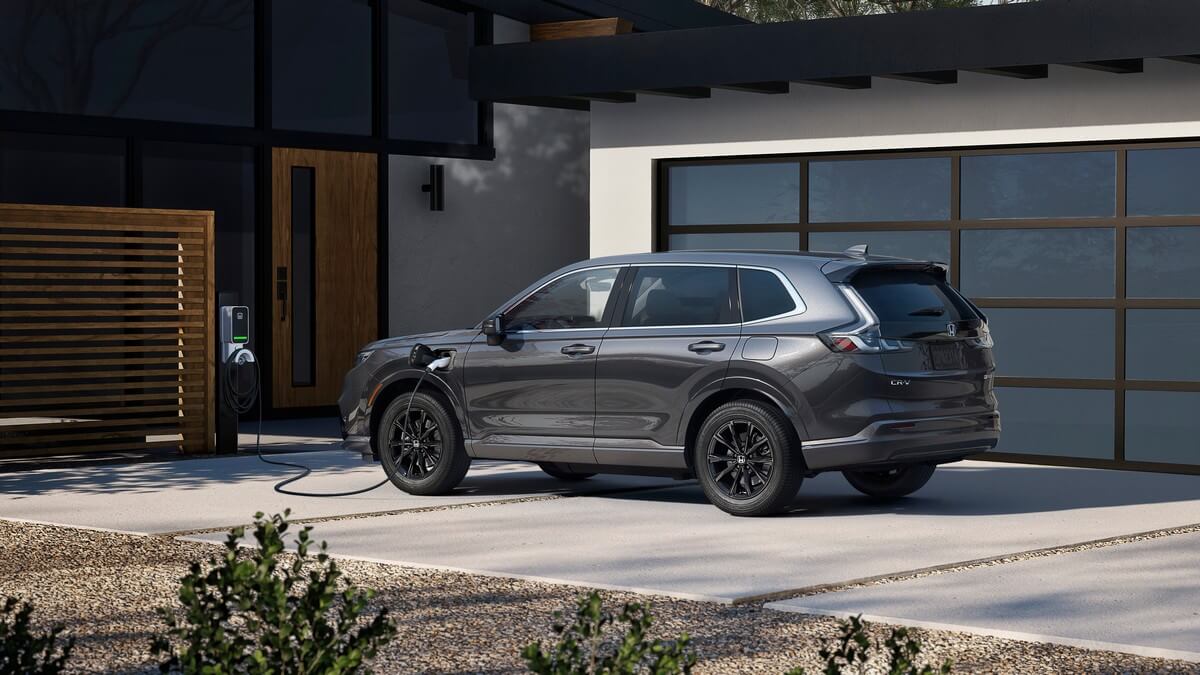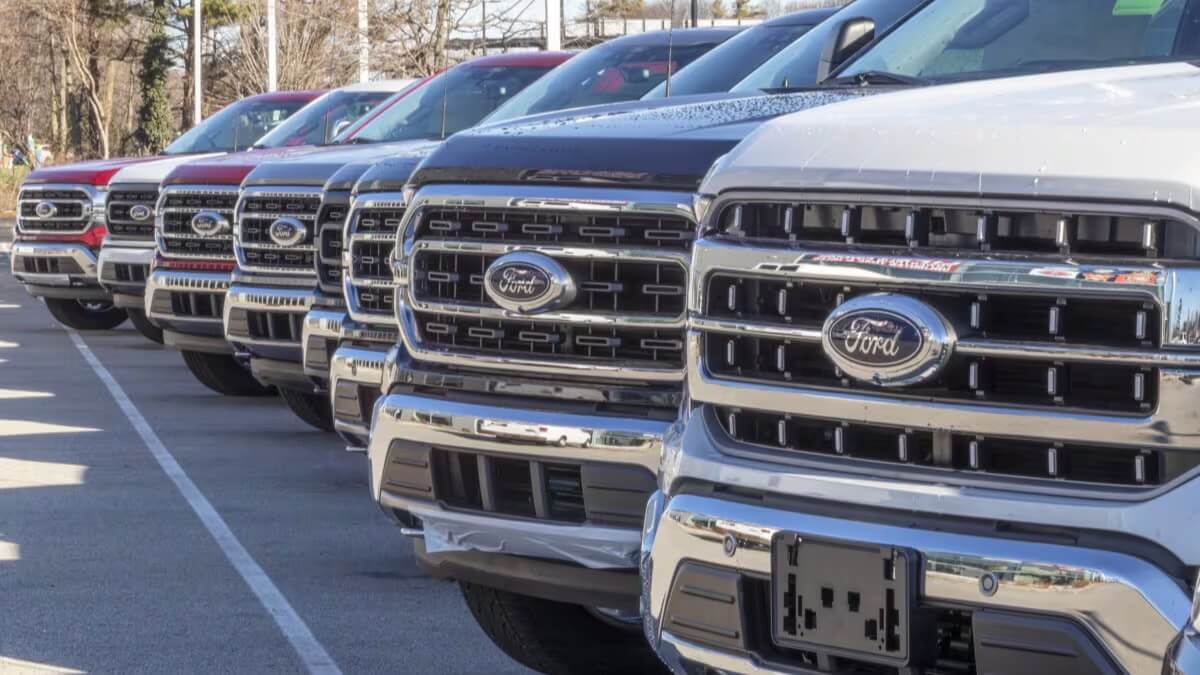If you’re in the market for a new car, you might want to buy sooner rather than later—prices could be on the rise.
Car prices in the U.S. could be heading for a major hike, thanks to new tariffs proposed by President Trump. Initially set to go into effect on February 4, the 25% tariffs on cars and auto parts imported from Canada and Mexico have been postponed for 30 days after last-minute deals were struck. However, the 10% tariff on Chinese imports has already kicked in. If the higher tariffs eventually go into effect, they could add thousands of dollars to the cost of many popular vehicles, forcing automakers to make tough decisions.
American automakers rely heavily on factories in Canada and Mexico, and a 25% tariff would hit them hard. General Motors, for example, builds a wide range of vehicles in Mexico, including the Chevy Blazer EV, Equinox EV, and the Honda Prologue. It also sources Silverado pickups from plants in both Mexico and Canada. Ford’s best-selling Bronco Sport and Maverick trucks are built in Mexico, as is the Mustang Mach-E, which had a record year in 2024. Stellantis, which owns Ram, Jeep, Dodge, and Chrysler, also produces several key models in Canada and Mexico, including Ram HD trucks, Chrysler Pacifica minivans, and the all-electric Jeep Wagoneer S.
It’s not just domestic brands that would be affected. Toyota builds its best-selling RAV4, along with Lexus SUVs, in Canada, while the Tacoma pickup comes from Mexico. Honda’s Civic sedan and CR-V SUV, two of the country’s top-selling models, are also made in Canada. Mazda, Nissan, BMW, and Volkswagen all rely on production in Mexico for various models sold in the U.S. If the tariffs take effect, buyers could see steep price increases on these cars, making them less competitive against models built entirely in the U.S.

The auto industry is bracing for impact. Companies can’t simply move production back to the U.S. overnight. Setting up new assembly lines takes time and costs millions of dollars. Automakers are now faced with a difficult choice: absorb the extra costs and take a hit to profits, or pass the costs on to consumers. Given that even Tesla imports 25% of its parts from Mexico, no company is immune from the effects.
The stock market has already reacted to the uncertainty. Shares of major automakers, including Ford, GM, Toyota, and Volkswagen, have all taken a hit as investors worry about higher costs and lower demand. In the meantime, car buyers are left in limbo, not knowing if prices will jump in the coming months.
The big question now is whether the tariffs will actually go into effect after the 30-day delay. If they do, they could reshape the U.S. auto market, making new cars more expensive and potentially reducing the number of affordable models available. For now, buyers might want to act fast—before the price hikes hit their wallets.








